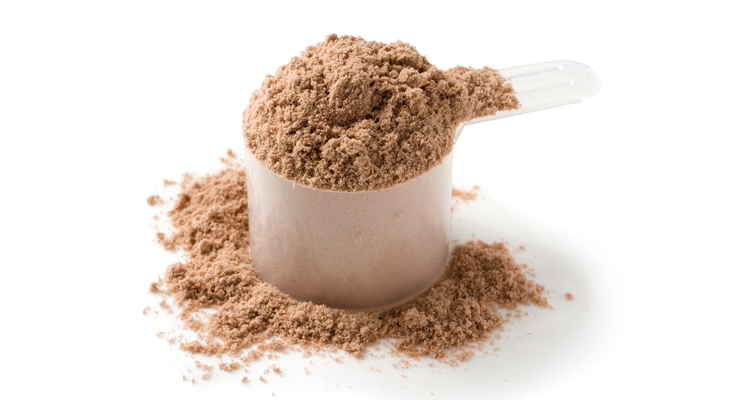What is preworkout powder?
Dental trend spotlight:
Dry scooping preworkout powder
New fitness trends pop up often, and it’s easy to see why. Who doesn’t want a lifehack for better health? But not all trends are based in truth. Let’s examine one recent social media fad — dry scooping preworkout powder.
What does “dry scooping” mean?
Dry scooping simply means swallowing a scoop of preworkout powder and quickly drinking something to wash it down. This is not the intended way to consume it – the powder is meant to be dissolved in a liquid (most often water).
Why do people try this trend?
People who dry scoop are hoping to supercharge the benefits of the pre-workout powder by having the energy boost kick in all at once. But in this case, they are actually creating new health risks.
What are the dangers to dry scooping?
The powder should be dissolved in liquid so your body can absorb it over time, instead of all at once. Risks of dry scooping include:
-
 Stomachache or digestive issues like diarrhea
Stomachache or digestive issues like diarrhea -
 Increased blood pressure and heart rate
Increased blood pressure and heart rate -
 Heart palpitations or, in extreme cases, a heart attack
Heart palpitations or, in extreme cases, a heart attack -
 Respiratory or choking risks from inhaling the powder
Respiratory or choking risks from inhaling the powder -
 Sugar and other ingredients may strengthen oral bacteria, which will cause cavities and other health problems
Sugar and other ingredients may strengthen oral bacteria, which will cause cavities and other health problems
Our verdict: Dry scooping should be avoided because it can pose a wide variety of health risks, from oral health problems like cavities and tooth decay to life-threatening issues like choking and heart attack.







